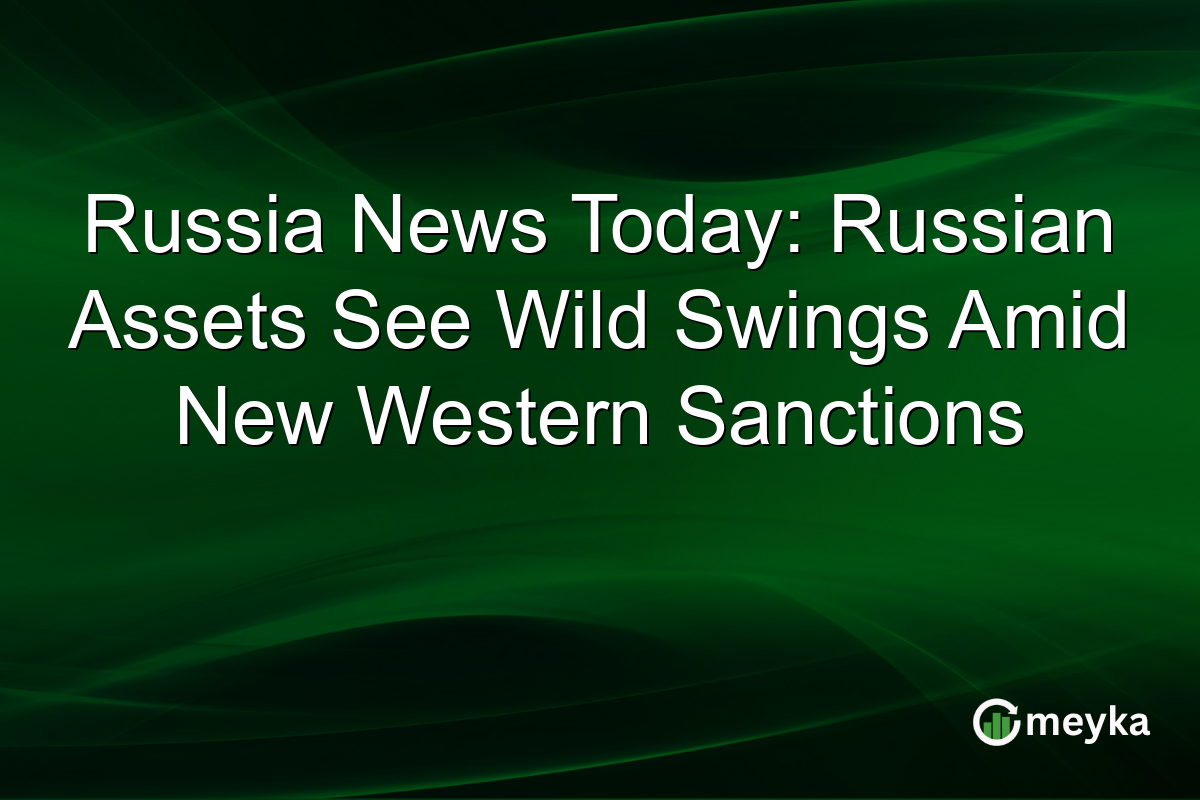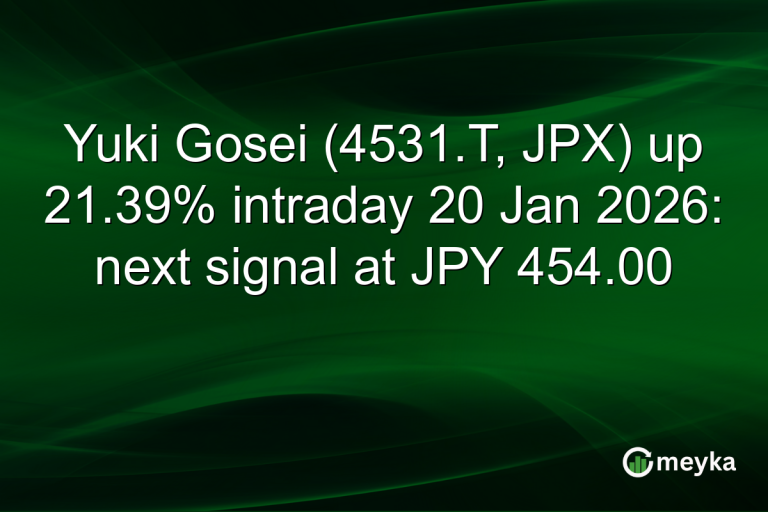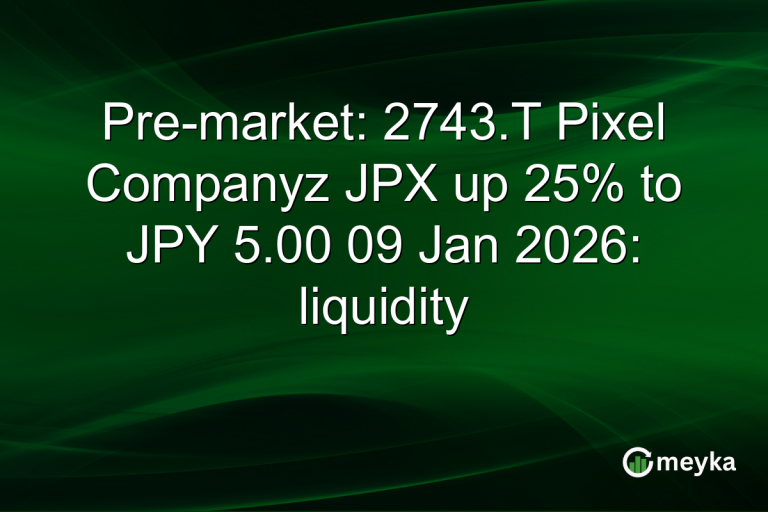Russia News Today: Russian Assets See Wild Swings Amid New Western Sanctions
Today, Russian assets are experiencing significant volatility as Western governments impose fresh sanctions. This situation has intensified market activity and amplified uncertainty. As Russia responds with counteractions, the global financial community watches closely. The Moscow Exchange has seen dramatic swings, making Russian assets a focal point for investors looking to understand the broader geopolitical dynamics.
Sanctions and Their Immediate Impact
New sanctions are impacting the Russian financial landscape today. Western governments have tightened restrictions, aiming at critical sectors like finance and energy. The initial response has been sharp price movements and heightened market uncertainty. The Moscow Exchange reported a surge in trading volumes, with investors reacting swiftly to the news. Analysts note that these sanctions target essential areas, potentially hampering economic growth. According to Reuters, the swift response by traders highlights the high-stakes environment. As these developments unfold, the broader implications for the Russian economy remain in focus. The ripple effects could extend beyond its borders, affecting global energy markets and financial systems.
Moscow Exchange Volatility
Since the announcement of the sanctions, the Moscow Exchange has witnessed increased volatility. Prices have swung wildly, reflecting investor sentiment and market speculation. Key sectors showing instability include banking and energy, which are directly affected by the sanctions. Analysts suggest that the unpredictability in these sectors can lead to long-term economic challenges. CNBC reports that market participants are factoring in both immediate and anticipated developments. This environment serves as a test for investors, as they navigate through these turbulent times. Understanding the complexities involved in trading within this framework can provide insights into global market dynamics.
Russian Government Response
In response to the Western sanctions, the Russian government has announced countermeasures. These actions aim to stabilize the market and mitigate external impacts on the economy. Financial experts believe that the government’s intervention could offer temporary relief. However, long-term stability will depend on how effectively these measures combat the sanctions. According to Bloomberg, these moves are part of a larger strategy to insulate the economy. As the situation develops, observers will be assessing the resilience of the Russian market and the effectiveness of its government’s strategies.
Final Thoughts
The current wave of sanctions and countermeasures has placed Russian assets in a volatile position. For investors, understanding these dynamics is crucial to navigating this complex market. The Moscow Exchange’s recent fluctuations underline the crucial role of geopolitical events in shaping financial markets. Moving forward, the global financial community will be keenly observing how these events unfold, assessing both risks and opportunities. The situation presents challenges but also compels stakeholders to adapt and strategize amidst ongoing uncertainty. As developments continue, staying informed will be key to making sound investment decisions.
FAQs
The new sanctions have led to increased volatility in the Russian market. Sectors like finance and energy are particularly affected, causing fluctuations in asset prices and heightened uncertainty among investors.
The Moscow Exchange has experienced dramatic price swings and increased trading volumes. This reaction is driven by investor sentiment reacting to geopolitical tensions and market speculation.
The Russian government has announced interventions aimed at stabilizing the market. These include actions to mitigate the impact of sanctions and support affected sectors, although long-term efficacy remains uncertain.
Disclaimer:
This is for information only, not financial advice. Always do your research.






